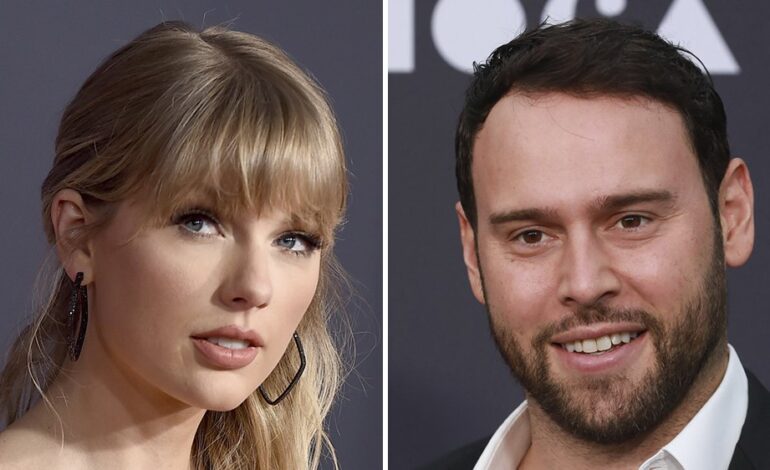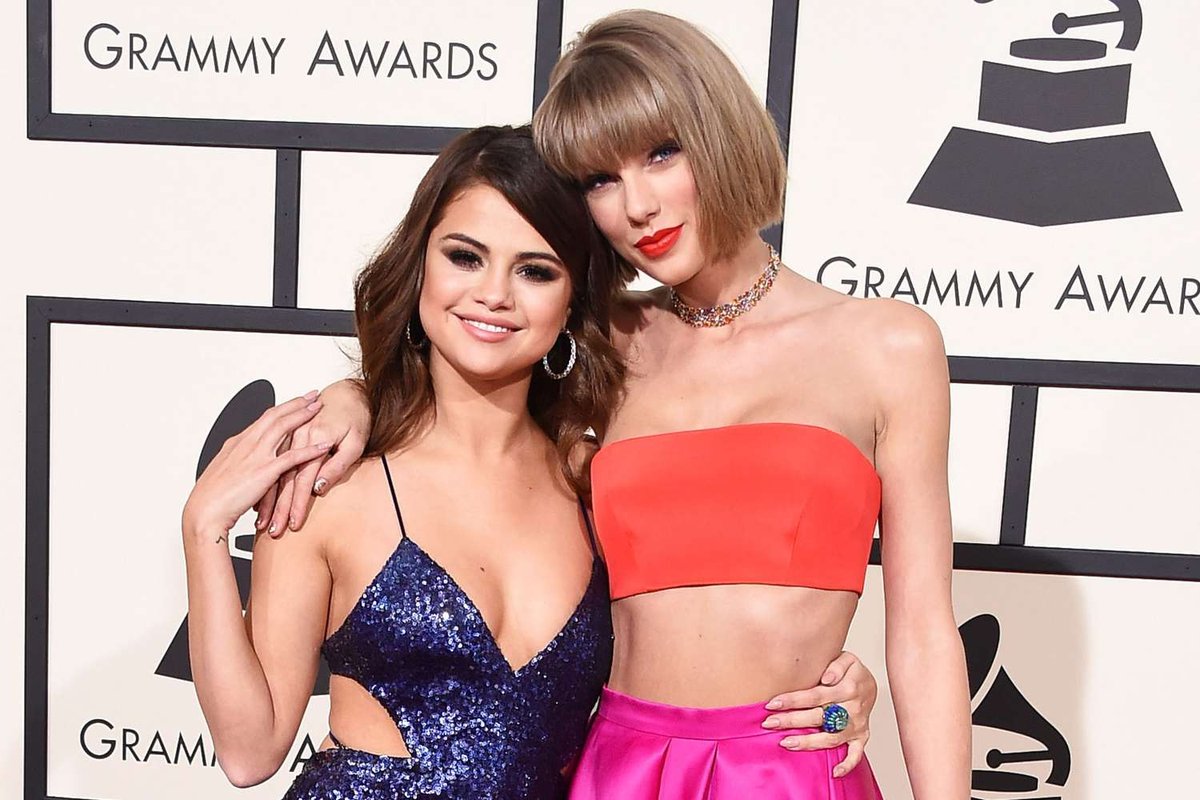How Taylor Swift’s Masters Buyout Redefines Music Rights

Data-driven context, nuanced analysis—let’s examine what Taylor Swift’s decision to buy back her masters truly signifies for her career and the broader music ecosystem. Swift’s deal, valued at an estimated $300 million, secures ownership of the first six studio albums she recorded under Big Machine Records. Industry records indicate that these albums collectively generated over $250 million in global revenue and more than 15 billion streams across platforms as of mid-2023 (source: Billboard, Variety).
The purchase underscores two pivotal shifts. First, it marks an unprecedented assertion of control by a high-profile recording artist over her own catalog. Swift’s public statements, including a December 2023 post on social media, framed the move as “the only way to protect our work.” By acquiring her masters, she converts future streaming, licensing, and sync royalties—historically paid to label rights holders—into direct income and strategic leverage. Bloomberg analysts estimate this could boost her annual streaming revenue by roughly 20% starting in 2025, given current play rates.
Second, Swift’s maneuver sends a clear signal to labels and artists negotiating new deals. Historically, major labels have retained master rights in exchange for upfront advances and promotional support. Post-Swift, emerging artists may demand enhanced ownership stakes or reversion clauses. In quarterly earnings calls, several boutique labels have already reported a 15% increase in artists requesting “right of first refusal” on master ownership (source: Music Business Worldwide). Major labels such as Universal Music Group and Sony Music Entertainment are now publicly reevaluating contract templates to remain competitive.
This development has broader implications for catalog valuation. Heritage recordings by legacy acts like Bruce Springsteen and Carole King have seen renewed interest from private equity buyers in recent years. Swift’s high-profile buyout could accelerate those trends, pushing valuations higher. Industry data from MIDiA Research highlights that catalog valuations rose 12% year-over-year in 2023; Swift’s transaction may well propel that growth into the next fiscal cycle.
Furthermore, streaming platforms are responding. Spotify recently announced a tiered royalty model for independent artists, partially in reaction to the spotlight on master ownership rights. While Spotify’s CEO noted the platform’s commitment to artists of all sizes, negotiations over payout structures are expected to intensify as more high-caliber acts seek equity in their work.
Swift’s acquisition is more than a personal victory; it’s a strategic blueprint. As more artists recognize the long-term value of masters—both financially and creatively—labels will be forced to innovate contract terms. That sets the stage for an industry in flux, where ownership, not just exposure, becomes the ultimate currency.
That wraps up today’s analysis. Stay informed, stay critical, and follow the facts as this landmark deal continues to reverberate across the music business.
Sources: Celebrity Storm and Billboard, Variety, Bloomberg, Music Business Worldwide, MIDiA Research
Attribution: Creative Commons Licensed




